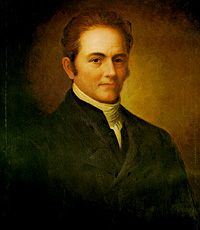Earl_of_Somerset
Banned
There hasn't been an update since Febuary 4th  , and that one was just about music...
, and that one was just about music...
Is this TL going to be worked on anymore?
Is this TL going to be worked on anymore?
thekingsguard said:It's been a long time since you've updated or even posted. Is everything okay Glen?
Actually, yes, everything is swimming - just incredibly busy at work, so I have no cognitive space for posting at this time - when work gets this hectic, I sometimes have to ground myself from AH.com. Never fear, I shall return.
Hooray! He hath return'dActually, yes, everything is swimming - just incredibly busy at work, so I have no cognitive space for posting at this time - when work gets this hectic, I sometimes have to ground myself from AH.com. Never fear, I shall return.



It returns
Nice to see this and you back Glen.
Yipeeeeeeeeee, It returns.
Yay, Glen's back!
While I like the idea of Chevez publishing his theory of evolution, I daresay that given the man (IOTL, probably ITTL as well) didn't have any scientific background, it will be harder for his idea to be taken seriously. It might even delay the acceptance by a few decades. He could be famous eventually, but probably a bit player in his own time (kind of like Gregor Mendel).
What a interesting Timeline! It takes the Ameriwank cliche of American Canada and balances that out with a British South! I shall follow this with interest. Consider me subscribed.
A quick question. Is the Yankees considered "Southerners" in this universe as they are considered "Northerners" in ours?Thank you for your patronage.

A quick question. Is the Yankees considered "Southerners" in this universe as they are considered "Northerners" in ours?
Glen
Interesting race and very close. As you say it will greatly speed up development of the western territories, which will probably be chiefly to the advantage of the US as it has more and better land.
Steve